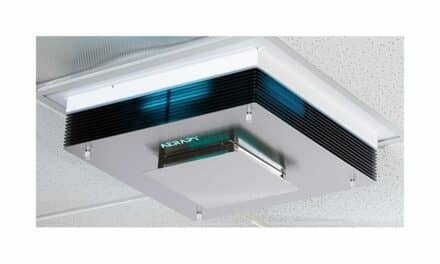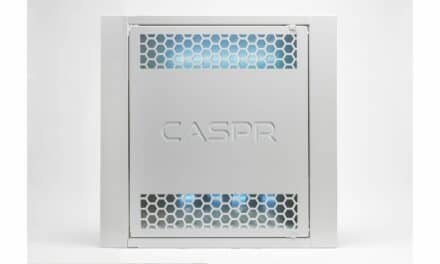By Keri Forsythe-Stephens
I am not a good patient. (Somewhere my husband is reading this admission and calling it the understatement of the year.) But it’s true. I hate being confined to a hospital bed; I hate eating hospital food; and I really hate being woken up by the incessant hospital alarms.
So, needless to say, when I embarked on a three-night hospital stay in late June to give birth to my son, Nolan, I was less than excited about the hospital experience. Fortunately, it ended up being much better than I expected—and gave me the bonus of a beautiful and healthy baby boy.
What really sticks out to me about my hospital stay months later is not the sleepless nights or bland food. It’s the wonderful care I received from the entire medical team—and that includes the often-unsung heroes of the hospital: you. Although I didn’t personally meet any members of the hospital’s clinical engineering department, I proudly told all the nurses and doctors I encountered what I did for a living and sang the praises of HTM professionals. Without you, I told them, the hospital wouldn’t run nearly as smoothly.
My statement was validated when my nurse had to find another fetal monitoring device after the first one failed. Biomed to the rescue, I quipped (well, grimaced may be a better adjective since I was in labor, after all.)
In this month’s Soapbox column, “Making the Case for the In-House Biomed,” Barry Voss also extols the merits of hospital-based HTM professionals. “The doctors, nurses, and other clinicians know they can depend on us,” Voss writes. Put simply, “biomeds fix things.”
Biomeds are also integral in the quest toward greater patient safety—a point that is illustrated in this month’s cover story, “Cultivating a Culture of Patient Safety.” In it, safety experts from around the nation respond to ECRI Institute’s “Top 10 Health Technology Hazards” list and shed light on how HTM professionals can help reduce adverse patient events.
“What I would tell HTM departments is to be constantly on the lookout for device-related issues and vulnerabilities that could impact patient care,” advises Katrina Jacobs, a biomedical engineer for the VA National Center for Patient Safety’s Human Factors Engineering Division. “It’s so important, from a safety perspective, that everyone is paying attention and reporting.”
And from a patient perspective—one that I acquired during my recent hospital stay—I’m extremely grateful that you are paying attention and making sure that the hospital runs like a well-oiled machine.







Congratulations, Keri! Happy to learn that all went well. Also happy to see that you confirmed the view I expressed in “Ode to Common HTM Professional” (https://24x7mag.com/2018/08/ode-common-htm-professional/): there are lots of unnamed and unseen heroes out there contributing to safe and good patient care. Welcome to this beautiful world, Nolan!
Great article! It was very well written and a great perspective.